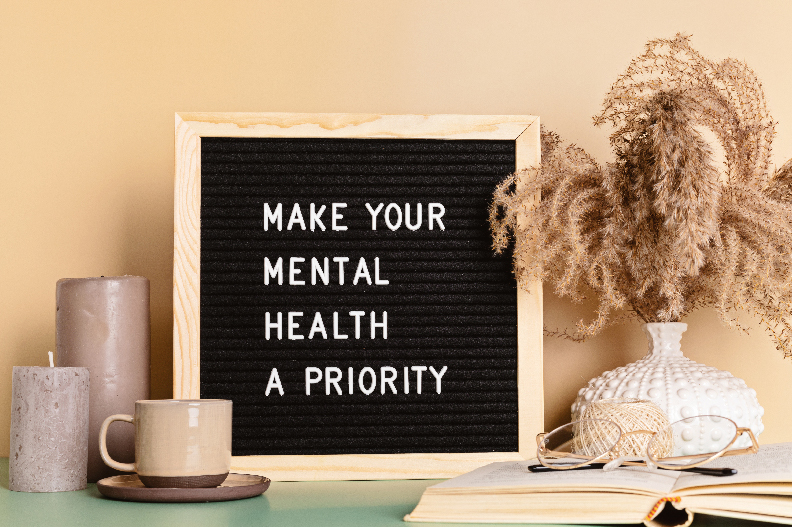When was the last time someone asked you about your emotional and mental wellbeing? Mental Health Month is observed every May and was originally established over 70 years ago to increase awareness about the importance of mental health and wellness in the lives of Americans. Mental Disorders are incredibly common and affect 1 in 5 adults in the United States.
What is Mental Illness?
There are many conditions with varying degrees of severity that are all encompassed within the category of Mental Illness and are categorized as either AMI (Any Mental Illness) or SMI (Serious Mental Illness). These conditions affect mood, thinking, and behavior. Common mental illnesses include clinical depression, anxiety disorder, bipolar disorder, attention-deficit/hyperactivity disorder, and more. Symptoms vary, but common often include feeling sad or down, confusion, reduced concentration, withdrawal, extreme mood changes, and inability to cope with daily problems or stress.
What Causes Mental Illness?
Like many other illnesses, mental illness is thought to be caused by a mixture of environmental and genetic factors. Mental illness often runs in the family. The onset of mental illness could be a mixture of life situations and certain inherited genes. Even without a family history, the chemistry of the brain can cause mental disorders. Neurotransmitters are naturally occurring brain chemicals that carry signals to other parts of your brain and body. When these networks are impaired, the function of nerve systems changes, leading to depression or other emotional disorders. The important takeaway here: mental illness is NOT your fault!
Ways to Boost Your Mental Wellness
It is common for people to struggle with their mental wellbeing from time to time – to be human is to have emotional struggles! These struggles are considered illness when the ongoing symptoms affect one’s ability to function. When you’re feeling down, the most important thing to do is talk to someone. Reach out to your doctor, family member, or close friend. Other mood-boosters include healthy eating (try a simple change like cutting out processed sugar), getting enough sleep, and frequent exercise. Remember: it’s okay to not be okay!
If you are struggling with your mental health, hear this: you are NOT alone, and we are here for you! At Family Healthcare of Siouxland, we want to reduce the barriers to mental health support for our patients. We have Social Workers as part of our family practice, making it even easier for you to speak with someone about your mental health concerns. Give us a call today!


